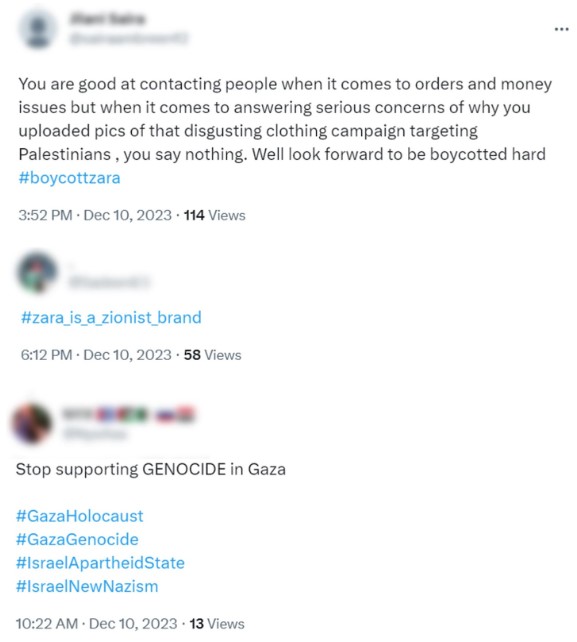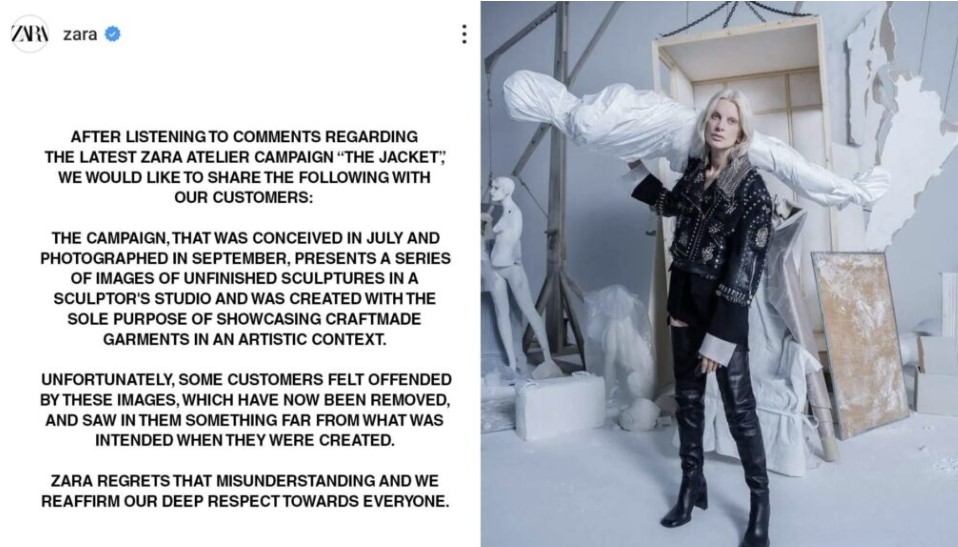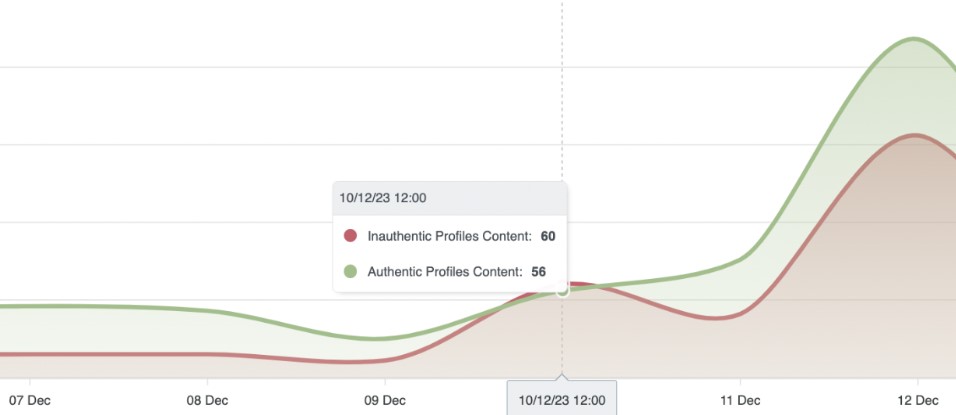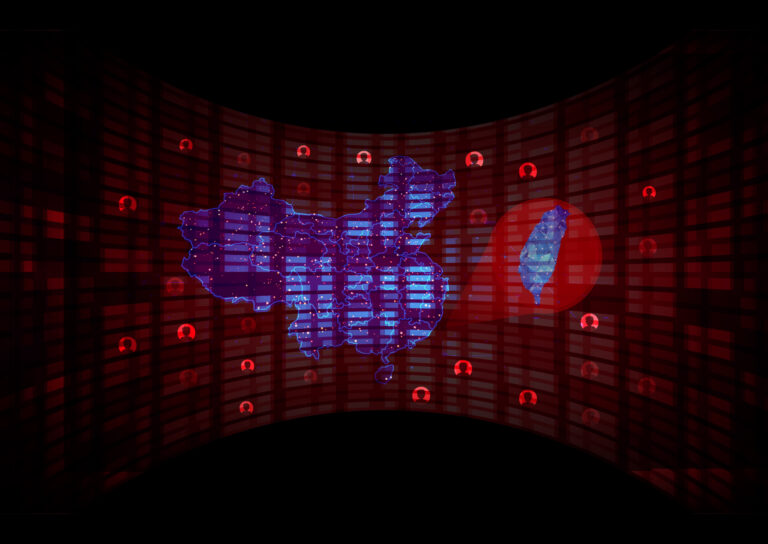#BoycottZara isn’t a classic tale of PR fiasco and crisis management. It may seem like one. But what it is, in fact, is a case of coordinated influence operations campaign: fake profiles latching onto a protest that fits with the agenda of the bad actors behind them, and amplifying it for maximum virality.
The Campaign and the Crisis
Zara’s campaign “The Jacket” was released in mid-December. Photos from the campaign featured a model holding a mannequin wrapped in a white cloth material, on a set of what looks like a building under construction, or under demolition. On X (Twitter), concerns were raised about the resemblance between the campaign’s aesthetics and photos from the Israel-Hamas war, specifically pictures of demolished buildings and corpses in Gaza.
Backlash rose quickly, spreading from X to Instagram, TikTok and Facebook, and the hashtag #BoycottZara started trending the next day. Zara was initially criticized for being insensitive and oblivious to the war and its victims, but the conversations quickly shifted, adopting a conspiratorial tone and accusing Zara of “supporting genocide in Gaza”. Other hashtags such as #Zara_is_a_zionist_brand and #ZaraSupportsGenocide started trending.

The protest quickly morphed from the online world to walk-in protests in Zara stores across the world. The protestors were carrying Palestinian flags and bundles of white clothes to represent dead children. Some stores in the US, Canada, Spain, and Sweden were vandalized. A video that started circulating on social media showed piles of clothes tossed in front of the Zara store in Times Square, but it was later discovered to be unrelated to the current incident, and was actually part of an older protest against another fashion brand. The discovery didn’t stop the video from trending.
While the protest continued expanding and was covered by every major news outlet, Zara eventually apologized and took down the campaign, clarifying that it was conceived in July and photographed in September, before the Hamas-Israel war started. Zara explained that the photos featured unfinished sculptures in a sculptor’s studio, and that what people saw in them was “far from what was intended when they were created,” and the campaign was created with the sole purpose of showcasing garments in an artistic context.

PR Crisis, Meet Influence Operations
Zara responded in a manner anticipated of a major brand dealing with a crisis management issue: taking responsibility, apologizing, and cutting their losses.
But here’s a fact that might have affected the way they handled this crisis: 39% of the profiles that interacted with Zara in the week of the campaign were, in fact, fake profiles.
The fake profiles were mainly interacting during the days of the crisis (December 10-13), and were generally more active than the authentic profiles in the conversation. On 10 December, more fake accounts engaged with the Zara brand than real people (see graph below).

Most of the fake profiles were created in the last three months, around the time Hamas first attacked Israel, leading to the Israel-Hamas war.
Those profiles were prominently pushing the hashtags #Zara_is_a_Zionist_brand and #ZaraSupportsGenocide, and actively engaged in conversations about the Israel-Hamas war, making sure to regularly tag Zara and interact with the brand while advocating for a boycott.
This isn’t the first time a fashion brand seeking to look bold and irreverent has made a controversial creative decision. Exactly one year ago, in December 2022, Balenciaga paid a heavy reputational price for a campaign that featured bears in bondages. After a huge online backlash, the company took the campaign down and apologized. Just like with Zara, Balenciaga might have been prepared for a PR crisis, but didn’t expect a storm of disinformation and conspiracy theories, that accused the company of hidden and malicious agendas. Some of those conspiracies still follow Balenciaga to this very day.
However, Zara’s case is even more concerning: While Balenciaga was attacked by conspiracy theorists – real people who latch onto signs and symbols that fit their agenda – Zara was attacked by a coordinated influence operations campaign. It was forced into the narrative of the Israel-Hamas conflict, hauled into the fray of a political public protest, and ultimately, exploited for propaganda.
Our Marketing Teams Need New Tools
Would Zara have acted differently had they known most of the protest against their campaign was established and spread by fake profiles? Would their apology be different? Would the campaign have still been removed?
This boycott demonstrates the importance of detecting fake coordinated campaigns and fake profiles on social media platforms, which has become crucial for any brand or business, and requires a completely different skill set than those typically associated with Marketing teams. But if you’d like to learn how to protect your brand or company against influence operation campaigns, we’re here to help. Contact Cyabra to set up a demo.


